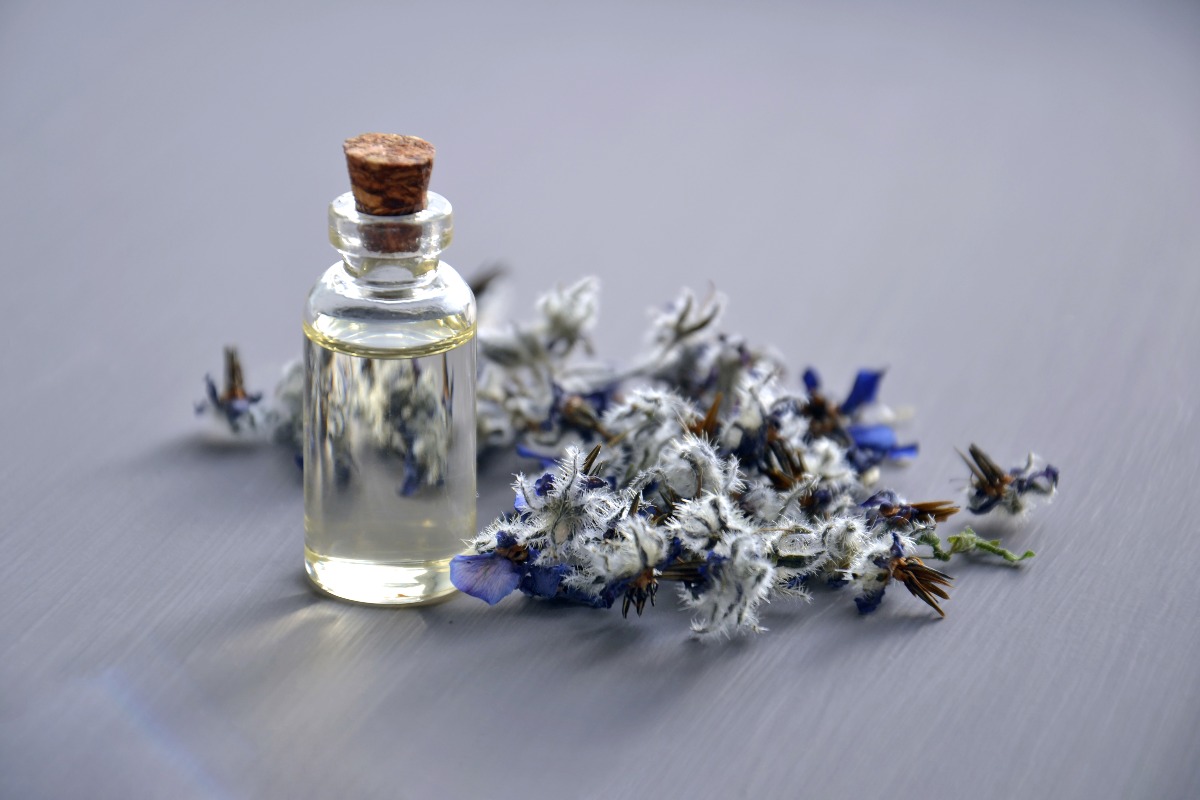How Can Essential Oils Help Me During My Recovery?
Many people are skeptical of unconventional treatments and medicines. While these unconventional treatments should never substitute traditional treatment, their effects can ease the symptoms of substance use disorder (SUD) and other mental health disorders. Using treatment methods such as essential oils can help soothe anxiety, depression, pain, and stress – they can even help improve your sleep. However, before trying any type of treatment, you must understand the risks and benefits.
What Are Essential Oils?
Essential oils are natural chemicals found in plants that are pressed or distilled into plant extracts. These extracts maintain the natural smell of the plant. The chemical makeup of essential oils will vary from plant to plant, changing its effects, smell, and absorption.
How essential oils affect the mind and body has been studied through animal and stimulus-response research. It is believed that essential oils can reduce anxiety and depressive symptoms, improve sleep, and reduce pain. According to a review conducted by the Veterans Health Administration (VHA), essential oils were found to be most consistently effective at treating chronic pain while having more inconsistent effects on psychological symptoms. However, essential oils can be used to treat both psychological symptoms and pain symptoms.
How Do Essential Oils Work?
There are two ways your body can absorb essential oils: through your olfactory organs, which are organs that are related to your sense of smell, or through your respiratory system. How the oils interact with your body will change your bodily and emotional responses. Essential oils physically affect your body by:
- Increasing neurogenesis
- Regulating hormone levels
- Activating different regions of the brain
- Altering blood biochemistry
The physical impact of essential oils can affect your mood and emotions.
Using Essential Oils in Aromatherapy
Essential oils can be used in aromatherapy by administering them through oral consumption, direct skin contact, or inhalation. Inhalation aromatherapy has become popular for treating mood disorders, depression, anxiety, and sleep disorders. This is the most common way to use essential oils. Natural chemicals that can be found in essential oils used for aromatherapy include:
- Limonene
- Linalool
- Linalyl acetate
- Geraniol
- Citronellol
Inhalation aromatherapy absorbs essential oils through the nasal passage, targeting the brain. This can promote emotional well-being, holistic health, tranquility, relaxation, and more. In practice, essential oils can be used as vapor diffusers, vapor balms, or direct inhalation by evaporation. When essential oils are inhaled, it triggers the brain to produce serotonin and dopamine, which can make you feel relaxed, at ease, and content.
Types of Essential Oils
Each plant that essential oils are extracted from provides a different purpose. Some of the more popular essential oils include lavender extract, Roman chamomile, bergamot, lemon balm, and Saint John’s Wort.
Lavender Extract
Herbal extracts of lavender can be used to treat anxiety, depression, and stress. The natural chemicals in lavender vary depending on the type of lavender the essential oil is extracted from. Linalool and linalyl acetate are the most important chemical properties of lavender extract. The inhalation of the lavender extract can regulate glutamate NMDA receptors, a primary neurotransmitter in the brain, which may be part of the reason lavender has antidepressant properties.
Roman Chamomile
Essential oils from Roman chamomile are used as a sedative to reduce anxiety, nightmares, and insomnia. It can also be effective at managing other sleep difficulties. A study conducted on mice suggested that a combination of Roman chamomile and chlorpromazine reduces symptoms of drug-resistant depression. Research has also shown a reduction in people’s depression, anxiety, and stress when they receive aromatherapy that used a combination of both lavender and chamomile essential oils.
Bergamont Extracts
Extracted by cold-pressing the peel of a fruit, bergamot extract can affect synaptic transmissions and regulate electroencephalography (EEG) or electrical activity in different parts of your brain. The benefits of bergamot extract include slowing down anxiety-induced tachycardia, reducing salivary cortisol levels, and improving mood and fatigue.
Lemon Balm
A part of the mint family, lemon balm can be used to treat depression, anxiety, insomnia, and anxiety-induced heart palpitations, and reduce stress. Lemon balm can boost mood and also help with depressive symptoms such as “brain fog.”
Saint John’s Wort
An over-the-counter drug, Saint John’s Wort is an extract primarily used to treat depression. Saint John’s Wort can provide similar effects to antidepressants with reportedly fewer negative side effects.
Are Essentials Oils Right for Me?
During your recovery journey, it’s important to try various types of both conventional and unconventional treatments. You won’t know how a traditional or untraditional treatment option could help you until you try it. It will take trial and error before you find the right combination of treatments that will help you reach your recovery goals. Essential oils could potentially help you manage your mental health symptoms, but you won’t know until you try.
Essential oils could help you reduce stress, anxiety, depression, and other SUD symptoms. Restoration Recovery Centers offers essential oils along with other types of complementary treatments such as yoga, meditation, and breathwork. We believe that offering a variety of traditional and complementary treatments will help you find the right combination of treatments that works for you. Our mental health professionals will work closely with you to get to know the complex person that you are and create a treatment plan with your recovery goals in mind. If you or someone you know is struggling with substance use, call (888) 290-0925 to learn how Restoration Recovery Centers can help you restore your life’s purpose and heal from addiction.






